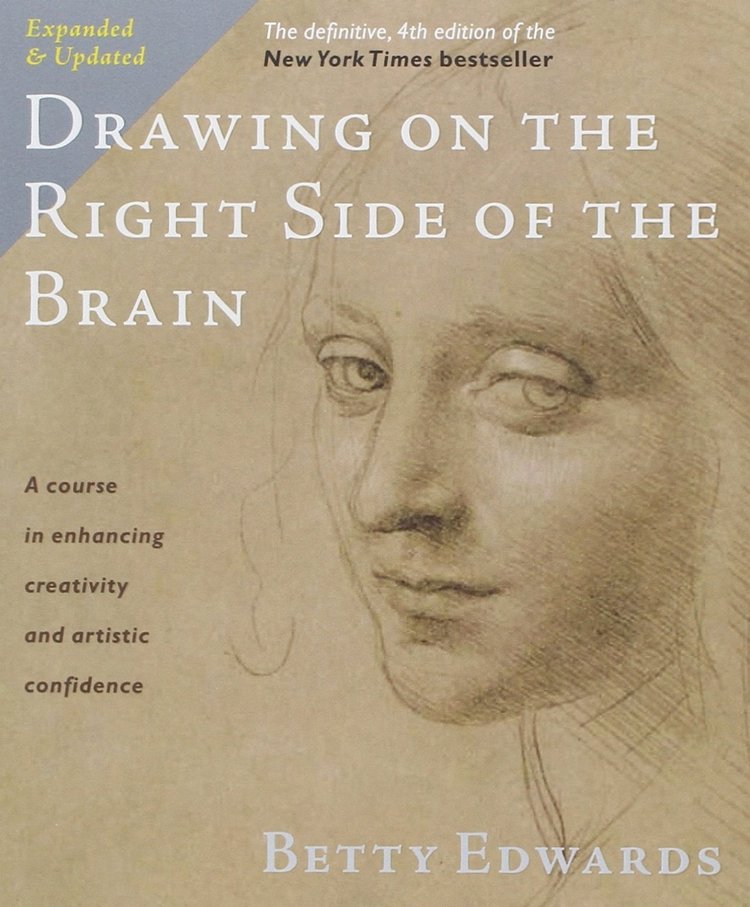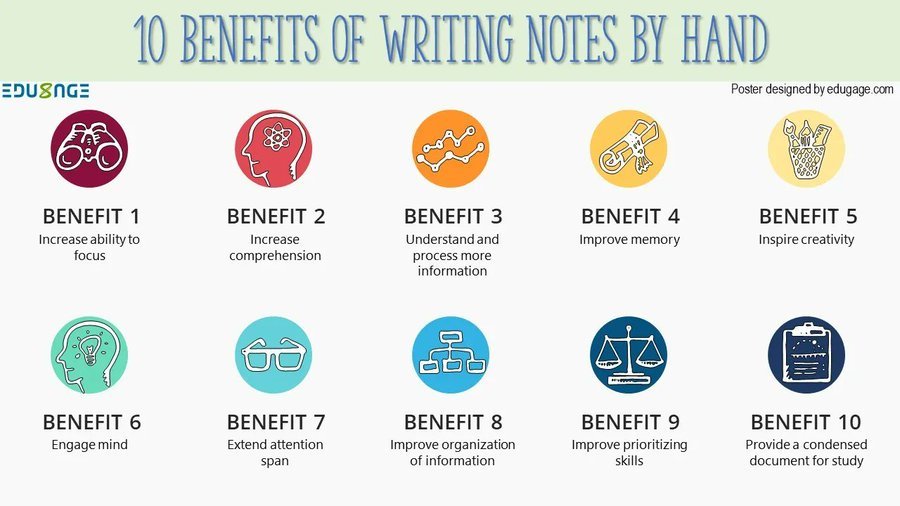The following article confirms what I’ve always believed — that there are huge cognitive benefits to handwriting, particularly in script or cursive. Give it a try! As the author says, “Not only will you reap the cognitive benefits, but you might also rediscover the joy of writing by hand.”
Posted by Zara Nwosu 21 Feb 2024 at https://medriva.com/health/brain-health/the-cognitive-benefits-of-handwriting-how-it-boosts-memory-and-learning/
In an era dominated by digital technology, it can often feel like handwriting is becoming a lost art. However, a growing body of research suggests that the act of writing by hand has significant cognitive benefits, particularly for memory and learning. This article delves into the science behind these benefits and offers practical advice for incorporating more handwriting into our lives.
Handwriting and Brain Activity
Engaging the fine motor system to write by hand has been shown to have positive effects on learning and memory. When we write letters by hand, it leads to higher levels of electrical activity in our brain. These regions are responsible for movement, vision, sensory processing, and memory. Handwriting requires active engagement with incoming information, leading to better retention and understanding of the concepts. It also activates widespread connectivity across many brain regions, strengthening the connection between motor action and visual/conceptual recognition.
Handwriting vs. Typing
Studies have shown that handwriting is more effective than typing when it comes to boosting memory. This could be due to the tangible product that handwriting produces, which may engage our brains in a way that typing on a digital device does not. A study from the Norwegian University of Science and Technology found that handwriting activated more brain regions and connections compared to typing, potentially enhancing learning and memory. The study analyzed brain activity in 36 university students and found increased connectivity across various brain regions linked to visual processing, motor control, and memory when writing by hand.
Handwriting in Early Education
Handwriting also plays a crucial role in early education. It has been shown to improve letter recognition in preschool children and helps them learn to distinguish between similar letters. This is particularly important in preschool and kindergarten, where children's brains are growing rapidly. Despite the increasing reliance on digital writing tools, experts emphasize the importance of engaging children in drawing and handwriting activities to stimulate their growing brains. In fact, eight North Carolina schools were named National Blue Ribbon Schools by the U.S. Department of Education for their commitment to academic performance and progress in closing achievement gaps among student groups, highlighting the impact of traditional teaching methods.
The Impact of Handwriting on the Brain
Handwriting can have a range of benefits for the brain, including a calming effect, coordination of the left and right brain, boosting cognitive skills, inspiring creativity, sharpening aging minds, and improving memory. It also involves more of the brain than typing does. This is especially important for aging individuals, as it can help keep their minds sharp and active. Furthermore, handwriting adds a personal touch to communication, which can enhance our connection with others.
Cognitive Offloading and Digital Devices
While digital devices offer numerous benefits, over-reliance can lead to cognitive offloading. This is when we rely on external tools, such as smartphones or computers, to remember information for us, potentially impacting our memory and motor skills. Therefore, it's important to strike a balance between the convenience of digital tools and the cognitive benefits of handwriting. The key is to incorporate handwriting into our daily routines, whether it's jotting down notes, keeping a journal, or simply doodling on a notepad.
Conclusion
In conclusion, handwriting is more than just a way to communicate. It engages our brains in ways that typing simply cannot replicate, leading to improved memory, learning, and cognitive development. So, whether you're a student looking to enhance your learning or an adult wanting to keep your mind sharp, consider putting pen to paper more often. Not only will you reap the cognitive benefits, but you might also rediscover the joy of writing by hand.

